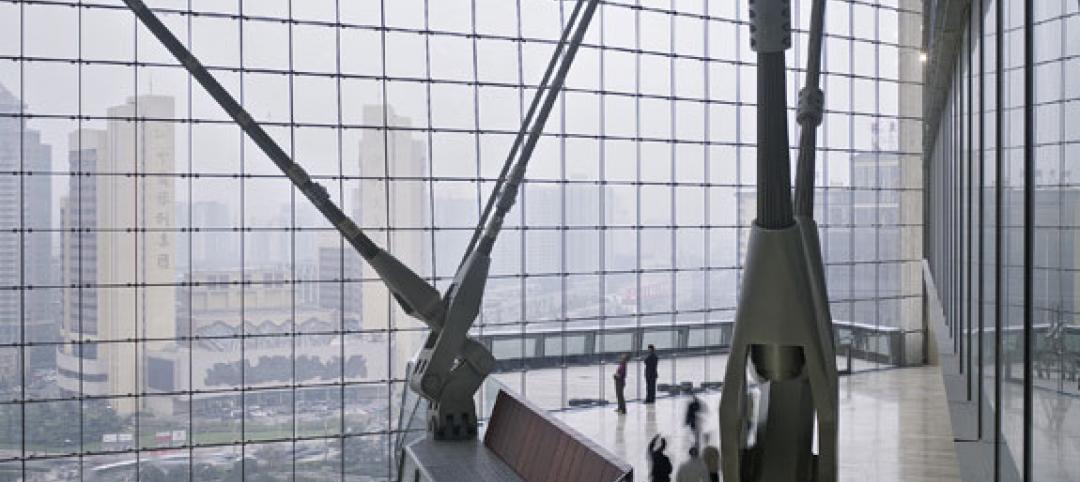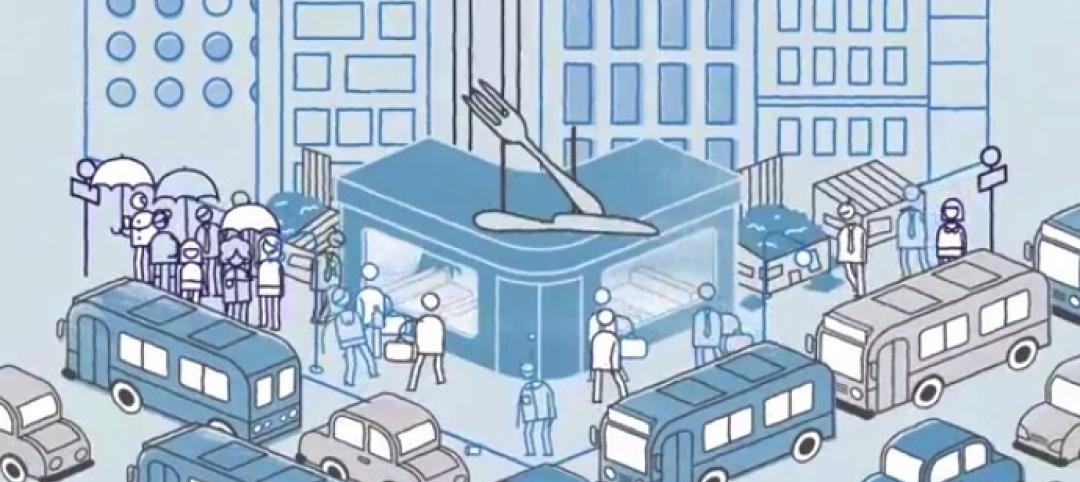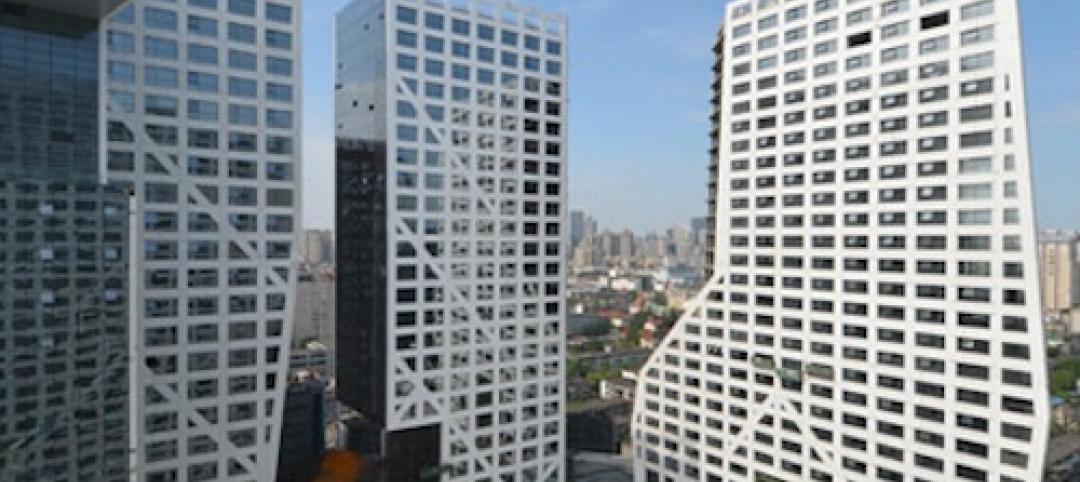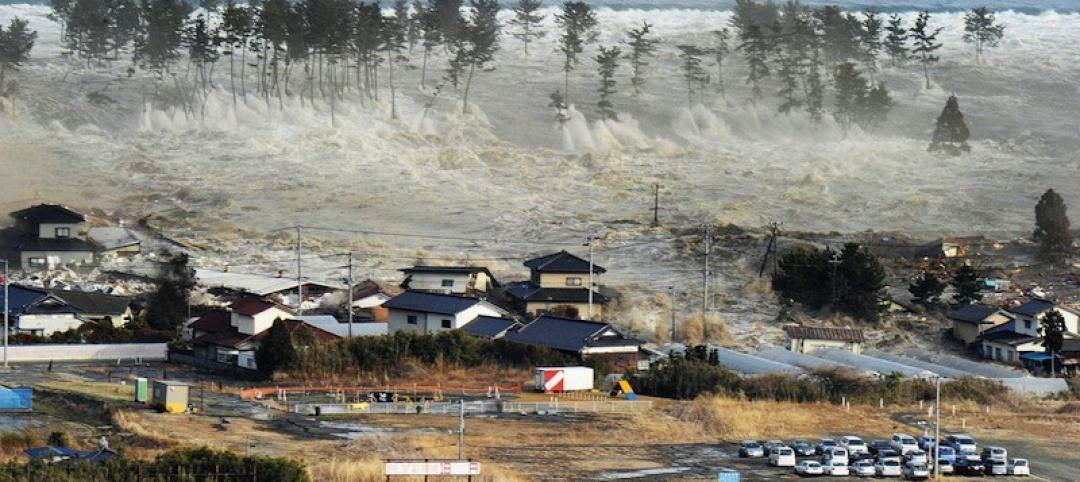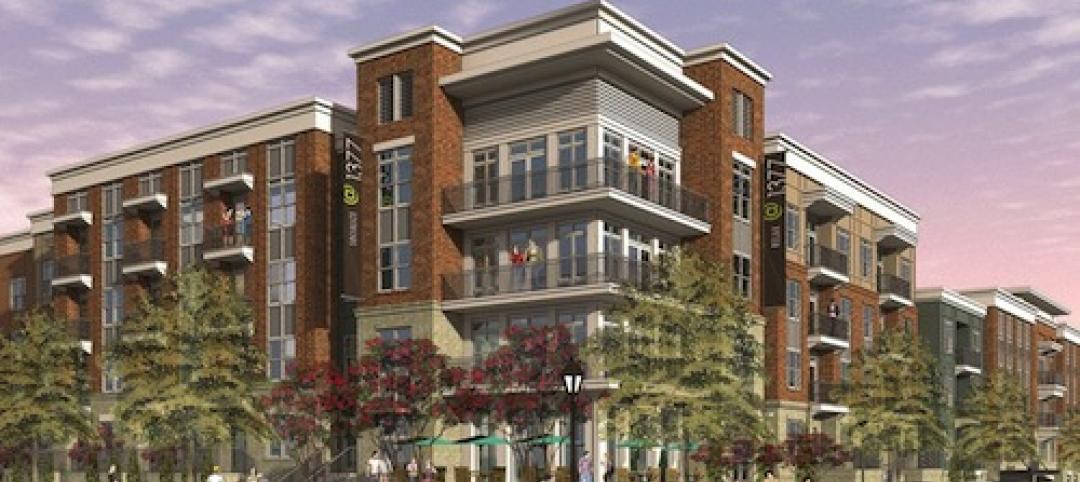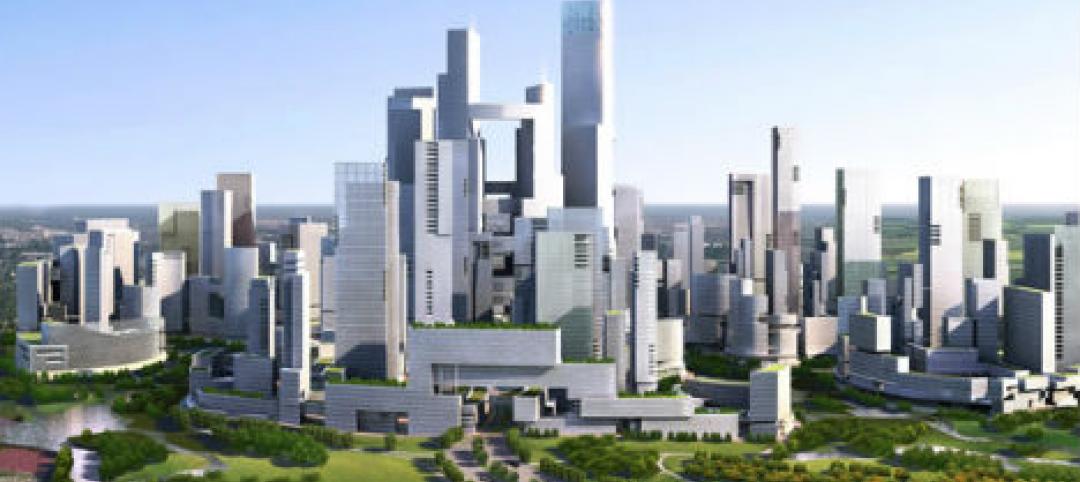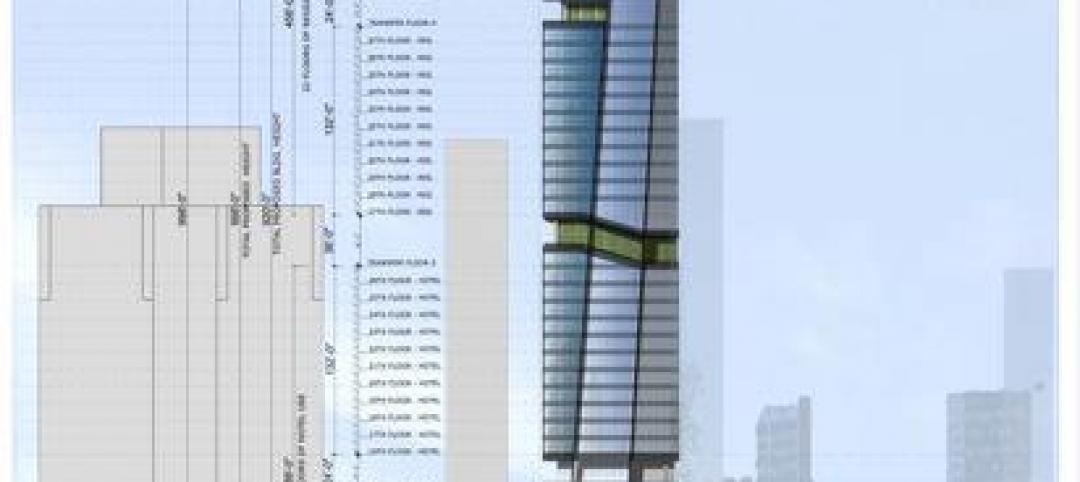First, Biden has to get the pandemic under control. Duh. Unless the new Administration does so in good order, all bets are off. Once a proven vaccine becomes available, there’s the question of whether enough people will take it to create herd immunity. Masks and hand washing alone will not stop this virus, so another dose of stimulus money is going to be needed to feed the families of the Covid-unemployed and help them pay their rent.
But let’s hope for the best. Let’s say that, at some point in late 2021 or early 2022 the pandemic is largely behind us, and the economy is back up and running. What then?
One possibility might be an infrastructure package. Remember, back in 2017, when those on both sides of the political aisle were talking about how crucial it was to restore the nation’s unsafe roads, bridges, rail lines, and seaports to proper working condition? Never happened, of course. Even if both Senate runoff races in Georgia go blue, giving Biden control of both Houses of Congress, it will be difficult to get any sizable infrastructure deal. So those potholes in the roadways leading to your buildings aren’t going to vanish overnight.
Then there’s the Green New Deal. In the primary debates Biden treated the Green New Deal like the plague—as if we needed another one . But he has signed on to bits and pieces of it. He has pledged to sign the Paris Agreement on climate change “on day one” and says he wants to ban oil and gas leases on federal lands, but would only phase out fracking over an undefined period of time in places where it is currently being practiced.
Biden is pushing a $1.7 trillion clean energy plan that he says will produce millions of new jobs, particularly in solar energy, wind, and geothermal. We should be encouraging greater use of renewables in our commercial and residential buildings, which account for 40% of energy use—and resulting carbon emissions. Before we start throwing PVs on every roof in America, though, we need a program to cut the energy consumption in buildings by 60-70%. How do you do that most effectively? Through the use of proven, commonly available, low-tech solutions: more and better insulation, LED lighting, high-efficiency heating-cooling systems, and highly energy-efficient water heating systems.
Biden says he has a plan to retrofit four million buildings, weatherize two million homes, and build 1½ million sustainably designed homes and rental apartments in four years. He may have to arm wrestle a few Republican Senators to get even a piece of that plan through Congress. But if he does, it could be a boon for the multifamily real estate sector.
Related Stories
| Feb 25, 2013
What end-users do (and don't) know about lighting technology (infographic)
The fifth annual SYLVANIA Socket Survey from OSRAM SYLVANIA finds that consumers are adjusting to new legislation and energy-efficient lighting options, with about half saying that they plan to switch to new lighting technologies.
| Feb 25, 2013
10 U.S. cities with the best urban forests
Charlotte, Denver, and Milwaukee are among 10 U.S. cities ranked recently by the conservation organization American Forests for having quality urban forest programs.
| Feb 21, 2013
Holl videos discuss design features of Chengdu ' Porosity Block' project
Architect Steven Holl has released two short films describing the development of Sliced Porosity Block in Chengdu, China.
| Feb 21, 2013
Construction team chosen for world's tallest building in Jeddah, Saudi Arabia
Construction team chosen for world's tallest building in Jeddah, Saudi Arabia.
| Feb 20, 2013
Group of West Coast civil engineers developing building standards for tsunamis
A group of civil engineers from around the western U.S. is developing additions to the building code to address the threat of a tsunami.
| Feb 19, 2013
Luxury multifamily project under way in Atlanta; 215 residences planned
Hines Multifamily is building @1377, a luxury complex comprising 215 "urban-style residences" in Atlanta's Brookhaven neighborhood.
| Feb 18, 2013
Top 10 kitchen and bath design trends for 2013
Gray color schemes and transitional styles are among the top trends identified by more than 300 kitchen and bath design experts surveyed by the National Kitchen & Bath Association (NKBA).
| Feb 15, 2013
Could the student housing boom lead to a bubble?
Student housing has been one of the bright spots in the multifamily construction sector in recent years. But experts say there should be cause for concern for oversupply in the market.
| Feb 13, 2013
China plans new car-free city
A new urban development near Chengdu, China, will provide new housing for ~80,000 people, surrounded by green space.
| Feb 13, 2013
'Vegetative tower' apartments to revive NYC site
A Manhattan site formerly slated for development with a "tower of cubes"—a now-defunct project by Santiago Calatrava—will be revived with a 998-foot, 300,000-sf apartment building by Morali Architects.



